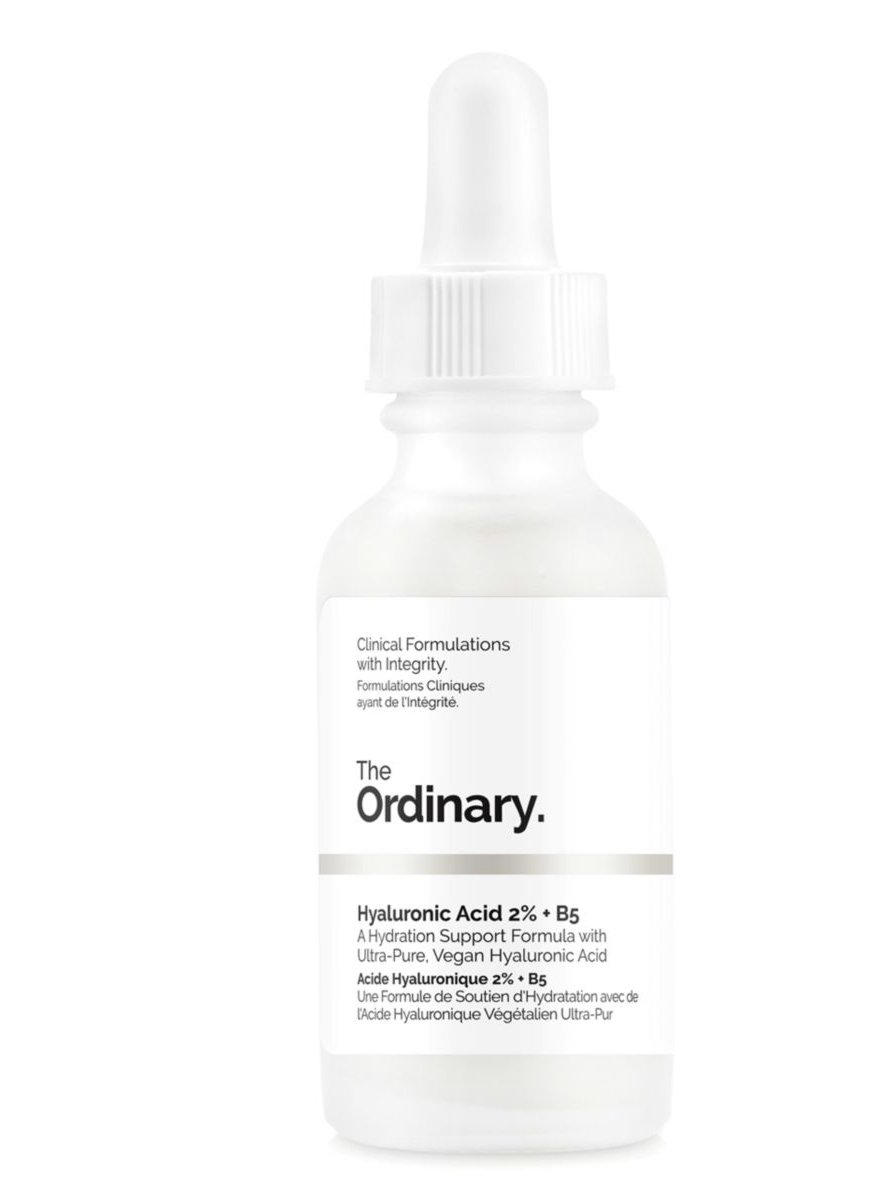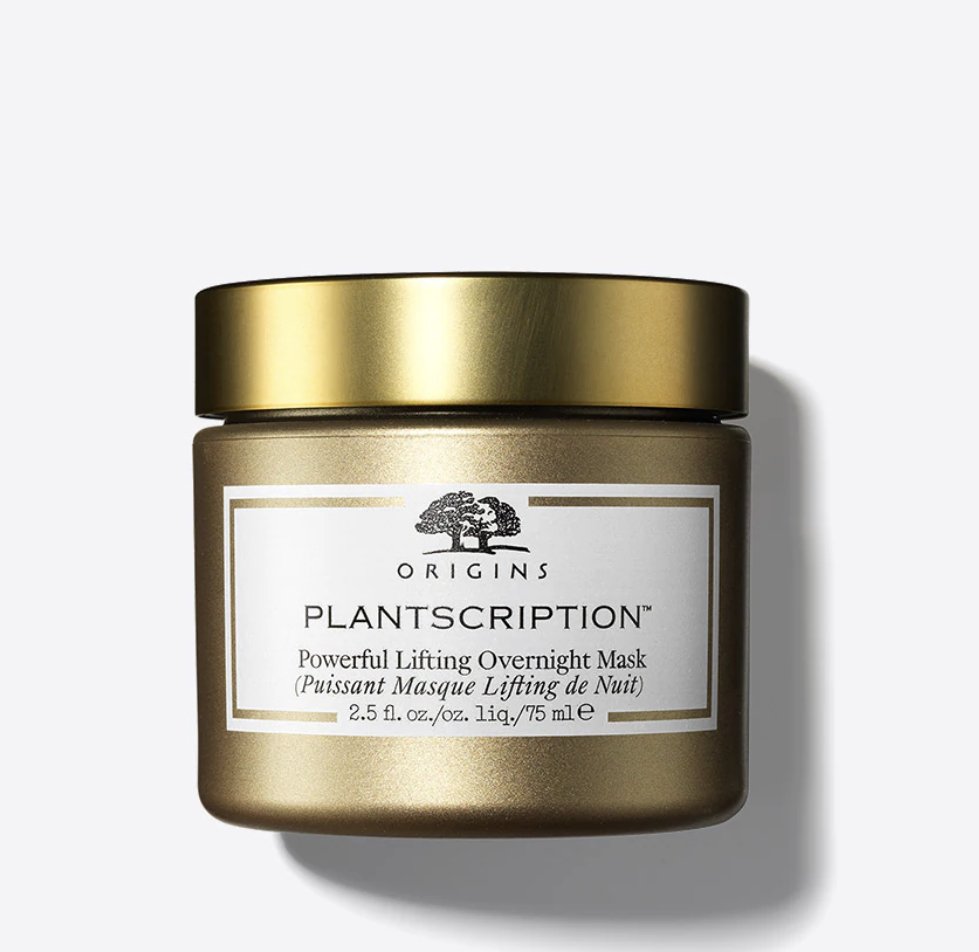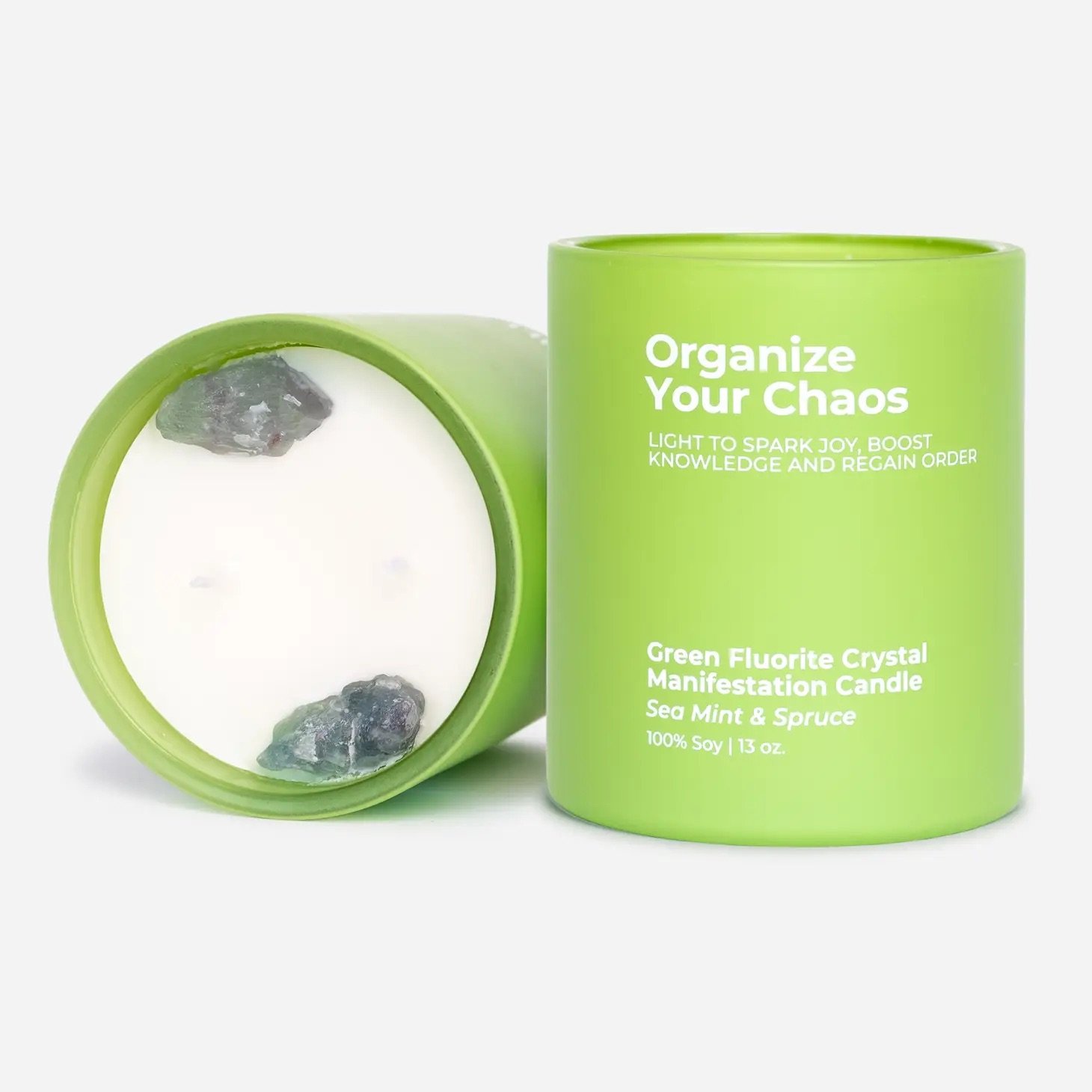Expert Tips On Easing Seasonal Acne
As the weather turns colder, often our skin suffers the most. From harsh temperatures, biting winds and the heating on more often; this can cause our skin to go into meltdown and can trigger seasonal acne. Here, Parvinder Sagoo, Pharmacist and Health adviser for Simply Meds Online shares his expert advice for dealing with seasonal acne.
Switch up your skincare
As we transition from the warmer months into the cooler months, not only do we have to layer up on clothes to keep us warm, but our skin also needs some TLC. As the weather turns colder, you should be looking to use more moisturising and hydrating skincare products on the skin. The skin's epidermis will be needing all the moisture it can get as often the cold air can leave skin feeling rough, dry and dehydrated. Opt for overnight moisturising masks, thicker night creams and serums such as hyaluronic acid which will all help to keep skin in tip top condition.
SKINCARE SWITCH
The Ordinary Hyaluronic Acid 2% + B5, £6.40, 2. PLANTSCRIPTION™Powerful Lifting Overnight Mask, £57
Cut down on central heating
Although we need central heating to keep us warm, this does no good to our skin and often dries it out causing it to become irritated and triggering breakouts. The only way to manage this is to try and cut down on your heating, or only heat your home on a very low heat setting. If you can, keep your heating off as much as possible and just layer up using thermals and jumpers. Having heating on throughout the night is also bad for the skin as it will cause it to dry out over the course of the night, and you will wake up with irritated, dry and rough looking skin.
Change your pillowcase
A dirty or rough pillow case is one of the number one triggers for acne, as often the dirt and oil transfers from our skin onto the pillow when we haven’t cleansed our face properly and this in turn can lead to acne or breakouts. Not only this, if your pillow case is old and so not as soft as it once was, this may also lead to irritated, dry skin when paired with central heating. Try to wash your pillow case at least once a week to maintain hygiene, and perhaps also look into a silk pillowcase, as these are a lot kinder to both your skin and hair during the cooler months.
Hydrate your skin
Drink Up
Hydration is key during the colder months. This is done not only by choosing hydrating skincare products such as serums and creams, but also by hydrating from the inside out by drinking plenty of water each day. You may think you don’t need to drink as much water because the weather is colder, but actually your body still needs plenty of water to rehydrate and keep skin looking healthy and glowing.
Choose a gentle cleanser
Choosing the right cleanser for the cooler months is incredibly important, as if you continue to use a harsh exfoliating cleanser which was perhaps better to use in Summer, then this could potentially be stripping your skin of its vital oils and leaving it susceptible to acne and other skin issues. You should opt for a hydrating cleanser for the winter months which looks to add moisture and not take it away. You can use a gentle daily exfoliating cleanser to ensure you are still removing dirt and oil, but be careful that it does not leave your skin feeling dry or irritated.
Always wear sunscreen
Sunscreen is just as important to wear during Autumn/ Winter as it is in Summer. During the autumn and winter months, the sun is lower in the sky which often means it is much brighter so can cause just as much damage to your skin as in the Summer. Be sure to wear at least a factor 30 broad spectrum SPF every day to protect your skin against harmful UV and UVB rays.
Sunscreen, cleansers and other vital skincare items for Autumn can be found over on the Simply Meds Site: https://www.simplymedsonline.co.uk/skin-care.html















